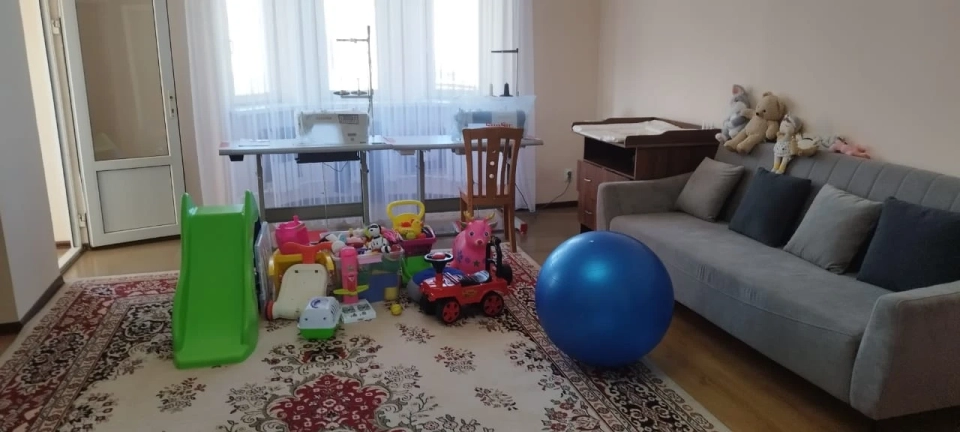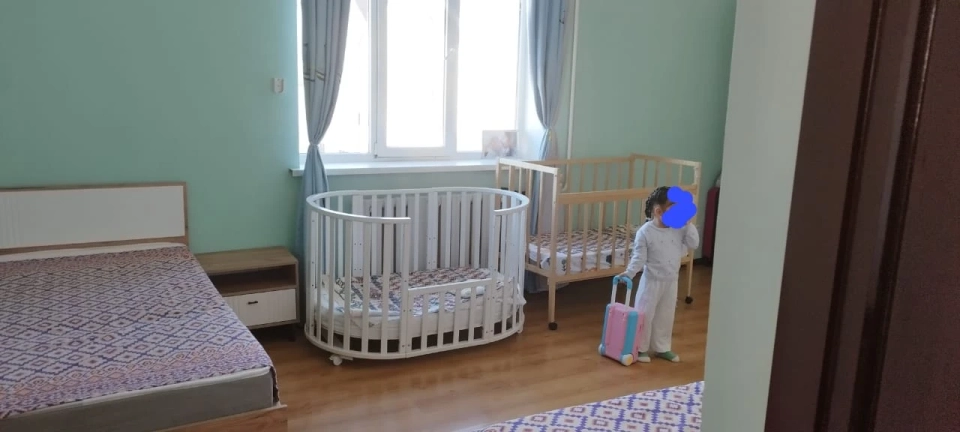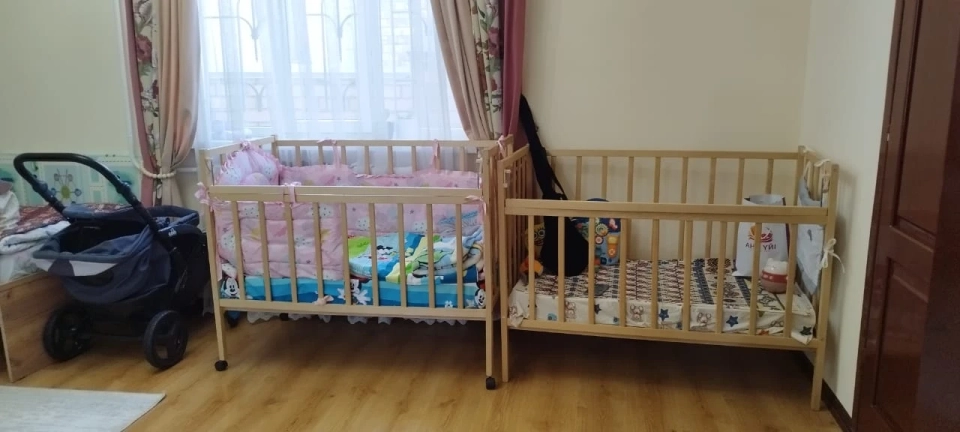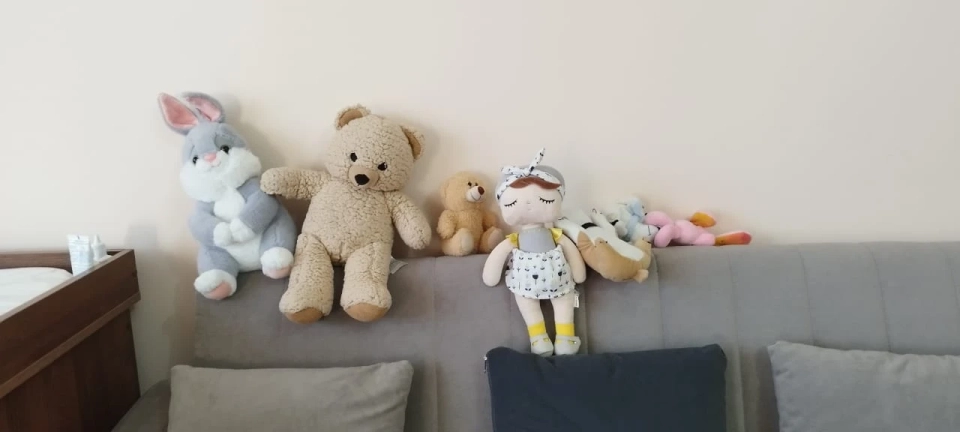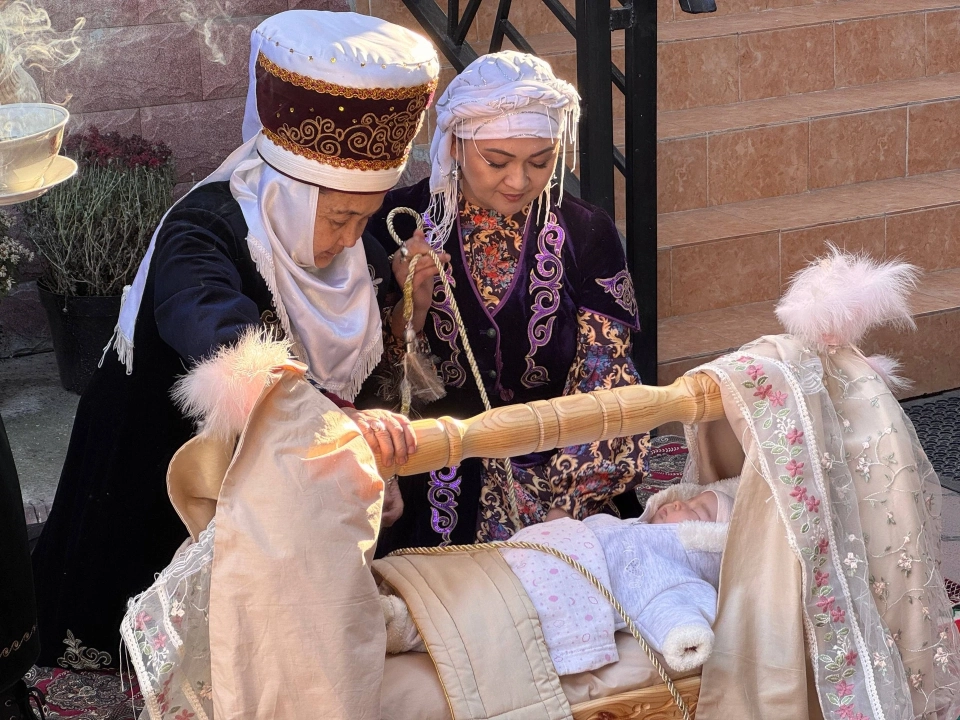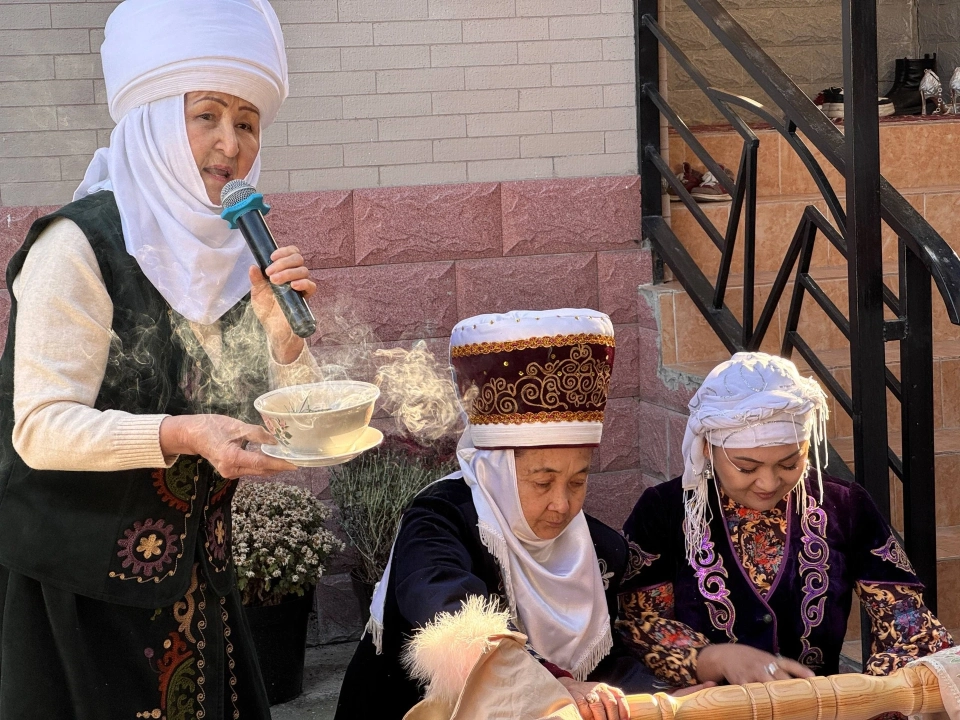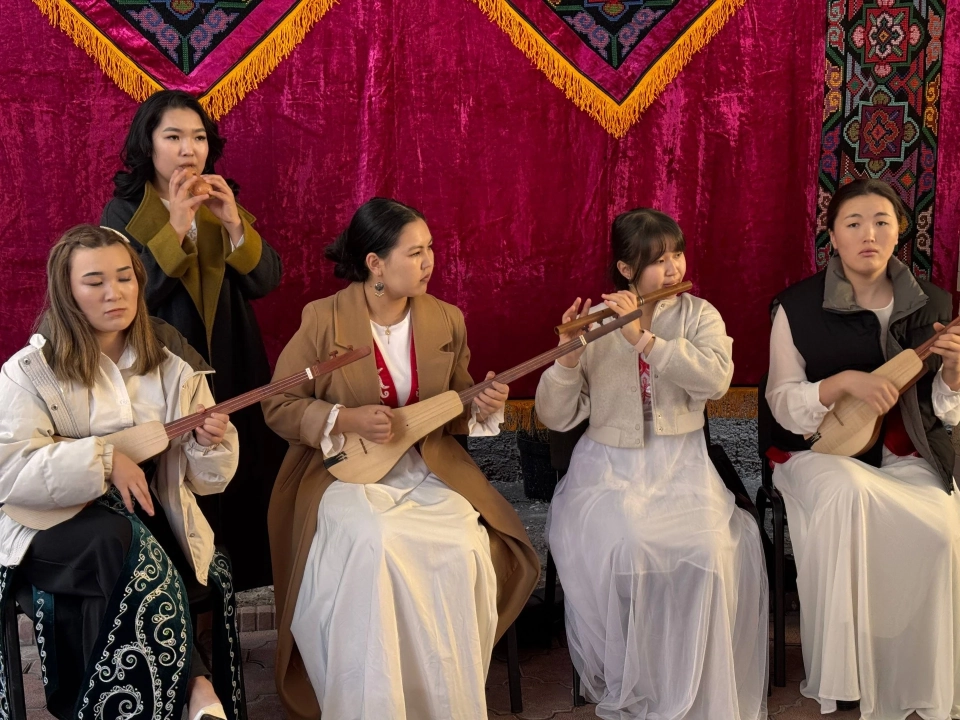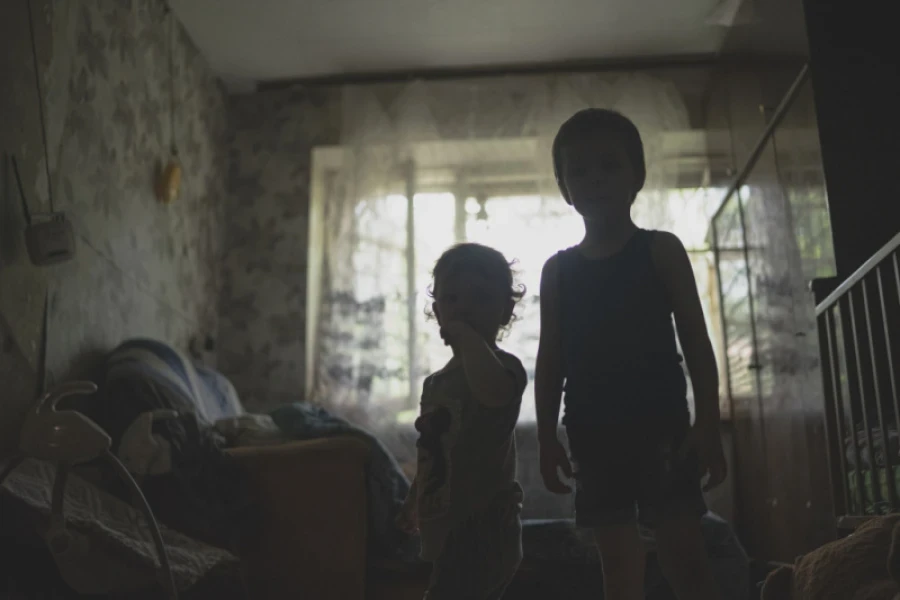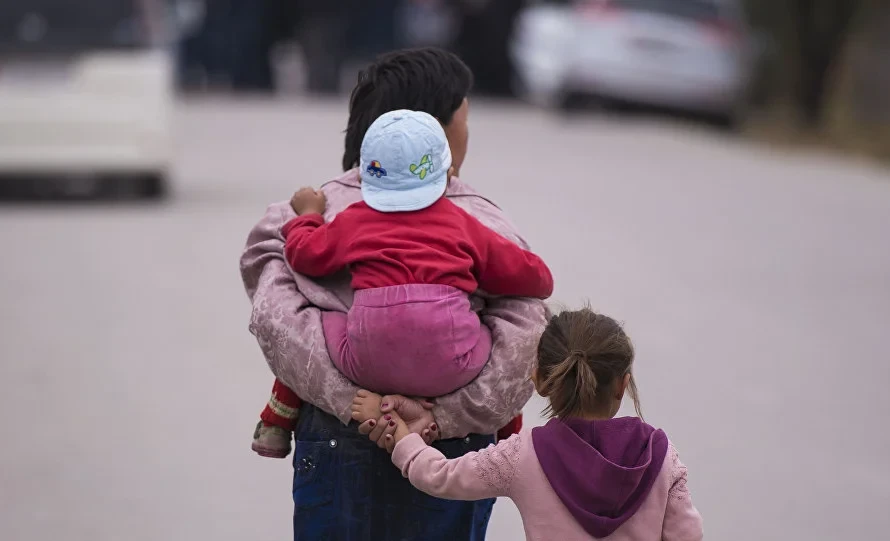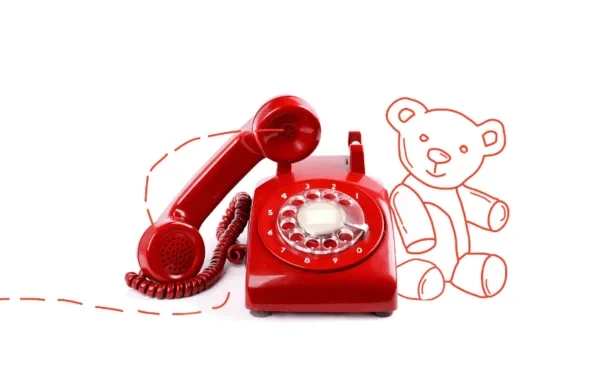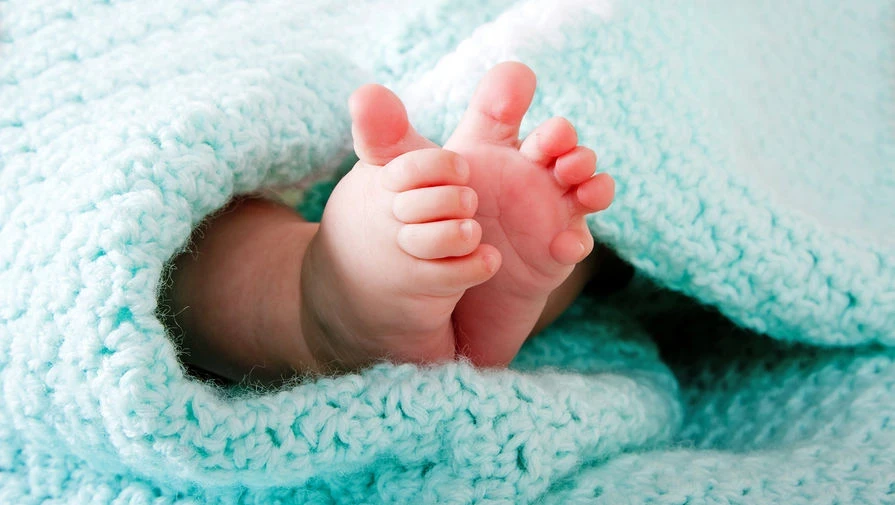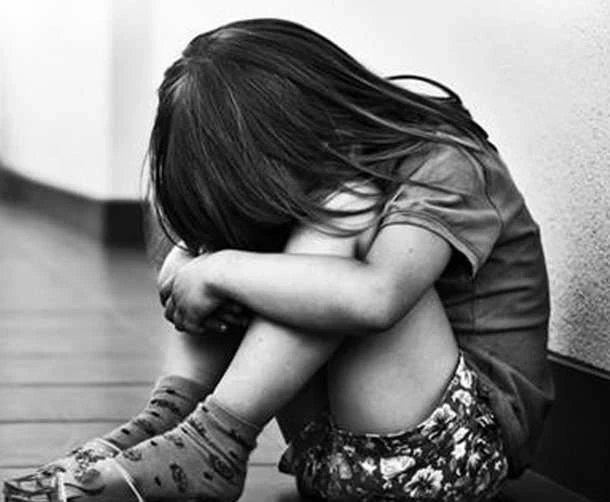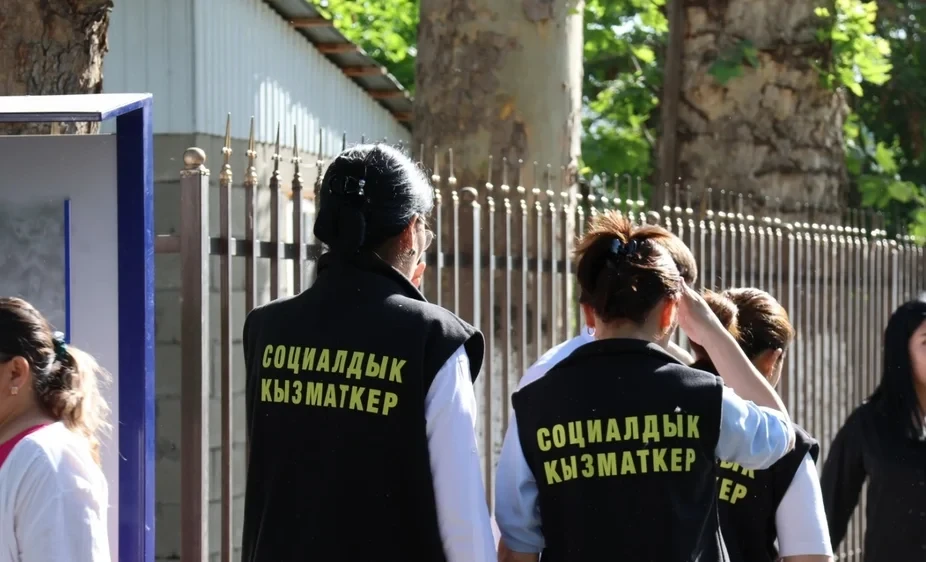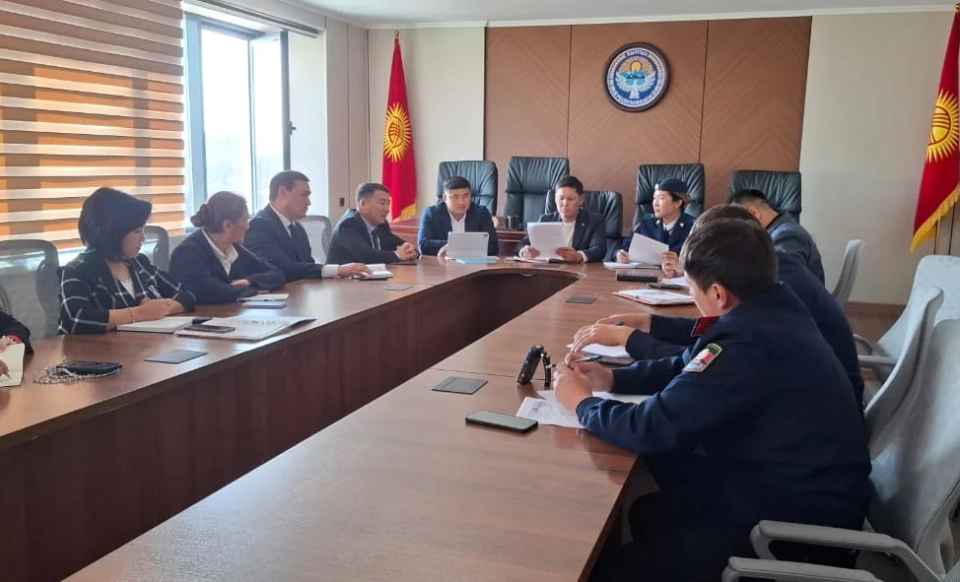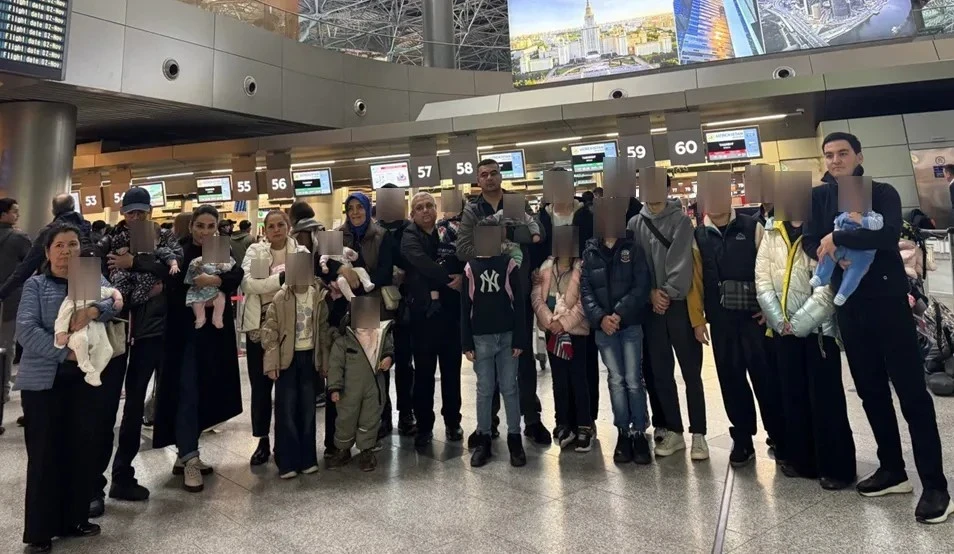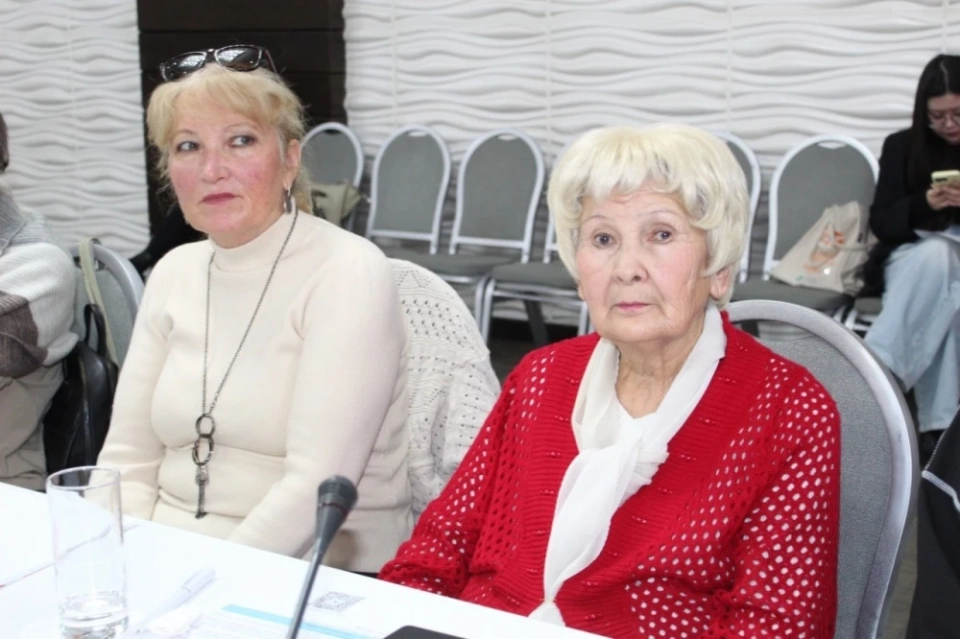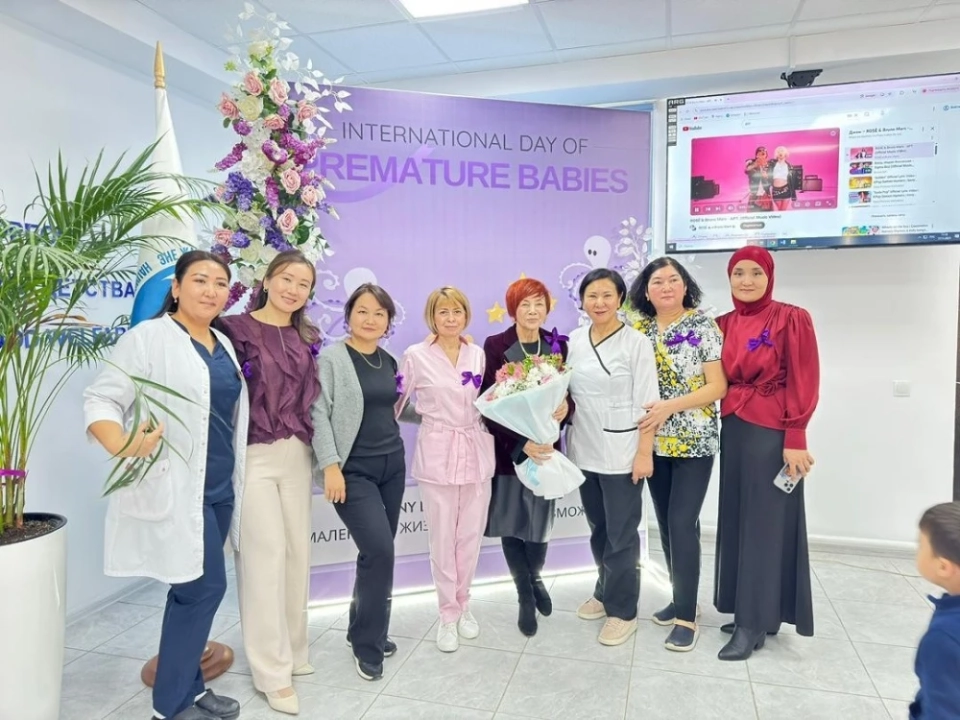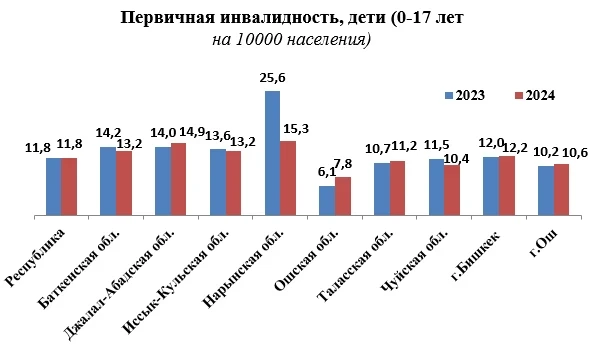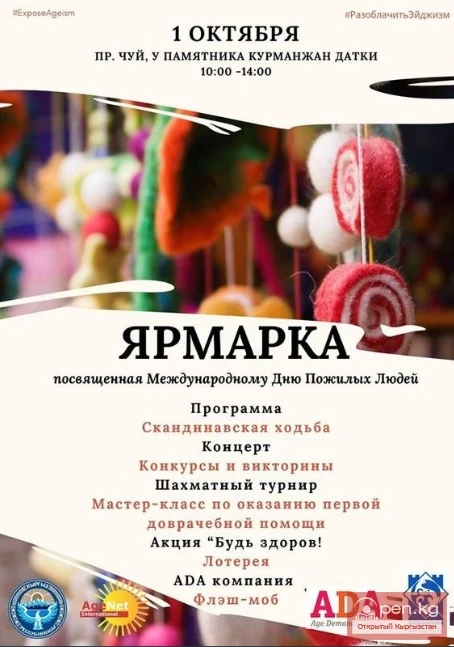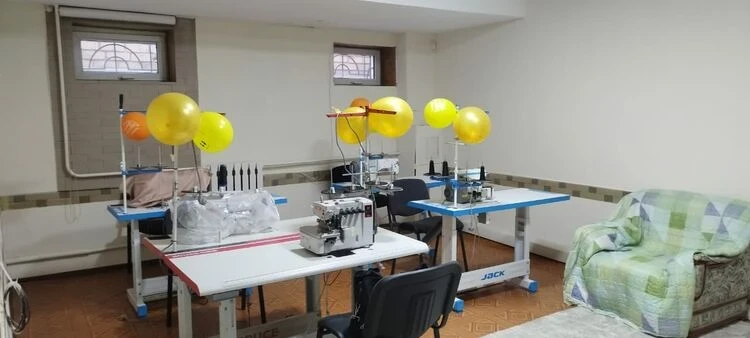
Every year in Kyrgyzstan, about 100 young mothers face the necessity of giving up their children, transferring them to relatives or orphanages due to financial difficulties and lack of support. This information was provided by Nazgul Turdubekova, head of the public fund "League of Child Rights Defenders."
Despite having parents, thousands of children are in boarding schools, which is related to social and legal problems. This negatively affects their future and development as individuals.
Reasons for the Creation of Boarding Schools
Nazgul Turdubekova noted that historically, there were no places for children in Kyrgyz culture, such as boarding houses. "Every child was in a family or with relatives. The need for boarding schools arose only after World War II, and unfortunately, they became part of the child protection system in many countries, especially post-Soviet ones," she added.According to information from the Ministry of Labor, Social Protection, and Migration, the number of boarding schools in Kyrgyzstan has increased over the past ten years from 117 to 137. However, the number of children living in them has decreased.
In 2024, about 10,000 children lived in the republic's boarding schools, and only 5 percent of them did not have parents.
Support for Mothers in Difficult Situations
In Bishkek, in May 2025, the resource center "Ene üyi" ("Mother's House") was opened, aimed at preventing social orphanhood and supporting women who find themselves in difficult life situations.The center offers the following services:
- temporary safe accommodation (up to three, six, or nine months);
- psychological and legal support;
- assistance in restoring documents;
- help with employment and social adaptation.
Currently, the center has eight places, all of which are occupied. The main clients are mothers with newborns who may abandon their child.
Since the center opened, 25 mothers and 27 children have received assistance. More than 150 women on the verge of abandoning their children have also received online consultations.
The hotline for "Ene üyi" ("Mother's House"): 0501000216.
The center's coordinator notes that young women from the age of 16 are accepted, for each of whom an individual assistance plan is developed.
"If any of the girls lack education, we try to direct them to free courses at the employment center, so that after leaving our institution, they have the opportunity to find work and support themselves. For example, two mothers have already completed eyelash extension courses. Recently, an entrepreneur donated five sewing machines to us. We plan to equip the basement for a workshop to teach sewing," the center's staff shared.
Here, volunteers organize classes in dance, English language, and also conduct culinary workshops. There are no cooks in the center, so the women cook on a schedule and bake bread.
The established daily routine helps create a stable and safe environment for mothers and children, as well as restore skills in self-organization and child care.
Additionally, post-support for women is provided after they leave the center.
In "Ene üyi," they shared the story of one client, whom we will call Zhyldyzai. At 17, the girl was abducted for marriage. Despite her unwillingness to stay in the new family, she was forced to do so under the pressure of her mother and stepfather. After divorcing her husband while eight months pregnant, Zhyldyzai turned to "Mother's House."
"I was supported and accepted. A month later, my mother called, offered to help with the birth and raising the child, and then invited me home. I believed her. Everything was going well; I gave birth in ten days. But then my mother said, 'You are too young, you have no husband, you won't cope with the child, give him up.' A woman came and took my child, who became the meaning of my life. I couldn't live without him," she shared with tears in her eyes.
Zhyldyzai sought help from "Ene üyi." The center's staff, working with social services and law enforcement, helped her find and return her child. "I didn't want to complain about my mother, but there was no other way. Now I am raising my child myself and believe that I can manage," she said.
A Model Worth Spreading
During the celebration of the UN Convention on the Rights of the Child, an important aspect was highlighted at the resource center — the right of children to a family.Jamilya Dzhamanbaeva, the ombudsman, emphasized that it is very symbolic to celebrate this day at the "Ene üyi" center, where the child's right to a family is truly realized, giving mothers and children a chance to preserve their family and start a new life in safety.
She also noted that the right to life and upbringing in a family is fundamental to all other rights.
Nothing can replace a mother's love and a father's care. Therefore, it is necessary for the state, society, and our partners to make every effort to ensure that children remain with their parents.
Jamilya Dzhamanbaeva
"Together with the public fund 'League of Child Rights Defenders' and with the support of UNICEF, we conduct annual monitoring of boarding schools. The results show that government agencies must do everything possible to keep children in families. The model of the 'Ene üyi' center is a vivid example of effective assistance to women and children in difficult situations, preserving families and creating conditions for a safe future. We hope that such initiatives will become the norm, and every family in Kyrgyzstan will receive timely assistance," she added.
The uniqueness of this model was also noted by the UN Resident Coordinator in Kyrgyzstan, Antje Grave.
"This center embodies the fundamental principles of the convention — the best interests of the child," she said. "It provides mothers and children in vulnerable situations with the necessary protection and support to overcome crises. A comprehensive set of legal, medical, social, educational, and housing services helps families stay together, ensuring that children grow up in care and love."
Little has been said about fathers in this context.
"Wisdom is lacking among all family members, from grandmothers to daughters-in-law and their husbands," noted retired police colonel Shamsybek Mamyrkov in a conversation with 24.kg. "The issue of preserving the family is relevant not only in Kyrgyzstan but around the world."
He emphasized that children should grow up in a complete family with a safe atmosphere free from violence.
"Modern children, unlike previous generations, are becoming smarter and more sensitive, so parenting methods need to be revised. Coercion and physical violence are unacceptable. Before becoming parents, one must be social educators. I support the idea of introducing lessons on family values in schools, especially for high school students, and I am taking steps to open an educational institution that will offer courses on family life," concluded Shamsybek Mamyrkov.
